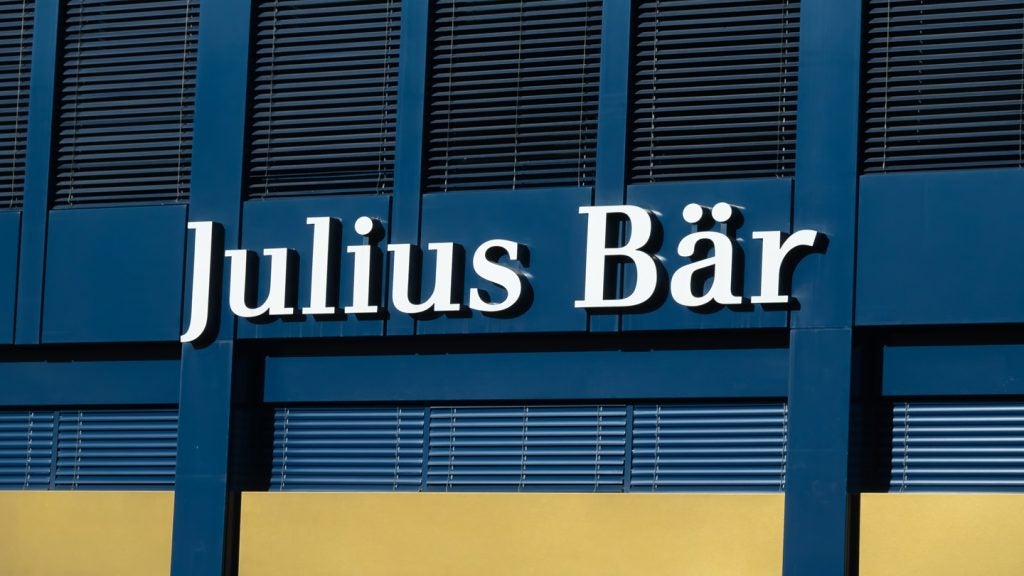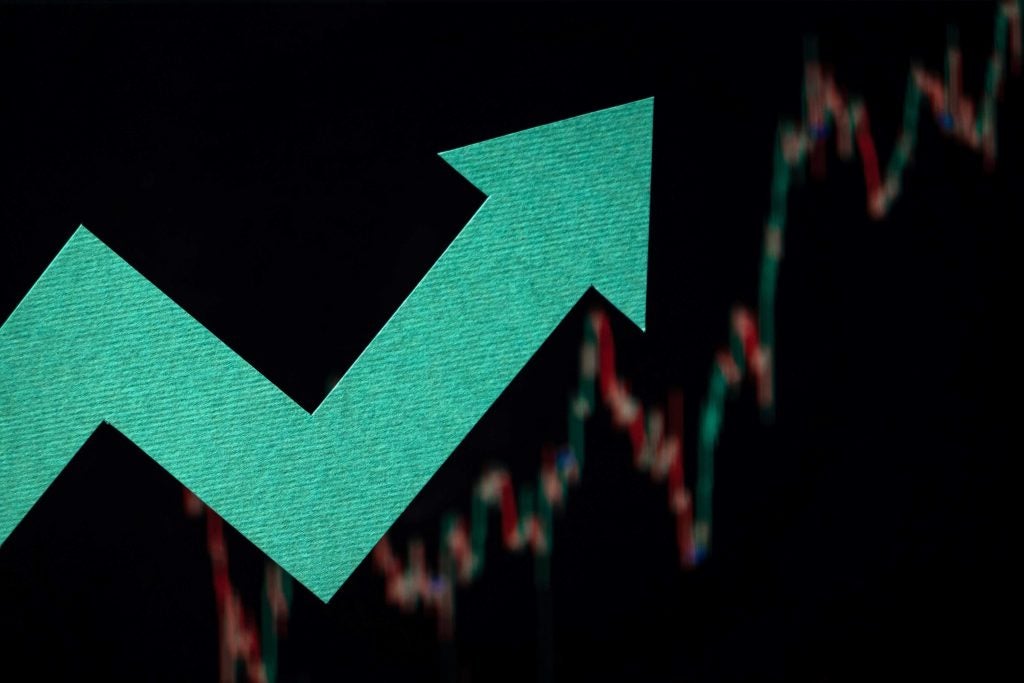The European Union (EU) and the Principality of Monaco have initialled a tax transparency agreement to clamp down on tax evasion.
Under the deal, Monaco and EU Member States will automatically exchange information on the financial accounts of one another’s residents from 2018.
The information for the exchange will begin to be collected from 1 January 2017.
The pact will enable member states to receive the names, addresses, tax identification numbers, and dates of birth of their residents with accounts in Monaco, as well as other financial and account balance information.
The EU Commission said that formal signing of the agreement is expected to take place before summer after the Council authorizes the Commission’s proposal.
This agreement is in line with the new OECD/G20 global standard for the automatic exchange of information.
How well do you really know your competitors?
Access the most comprehensive Company Profiles on the market, powered by GlobalData. Save hours of research. Gain competitive edge.

Thank you!
Your download email will arrive shortly
Not ready to buy yet? Download a free sample
We are confident about the unique quality of our Company Profiles. However, we want you to make the most beneficial decision for your business, so we offer a free sample that you can download by submitting the below form
By GlobalDataThe deal will allow the tax authorities to tackle fraudsters as well as act as a deterrent for those who hide income and assets abroad.
The EU has already signed similar agreements in 2015 with Switzerland, Liechtenstein and San Marino, and with Andorra in 2016.
European commissioner for economic and financial affairs, taxation and customs Pierre Moscovici said: "This agreement marks the beginning of a new era between Monaco and the EU. We both aim to combat fraud for the benefit of honest taxpayers."
Monaco minister for finance and economy Jean Castellini said: "The initialling of this agreement constitutes a further example of the policy implemented by Monaco to combat international tax avoidance and evasion, as part of its commitment to conclude agreements which respect international standards developed by both the European Union and the OECD Global Forum, in terms of the exchange of information."







